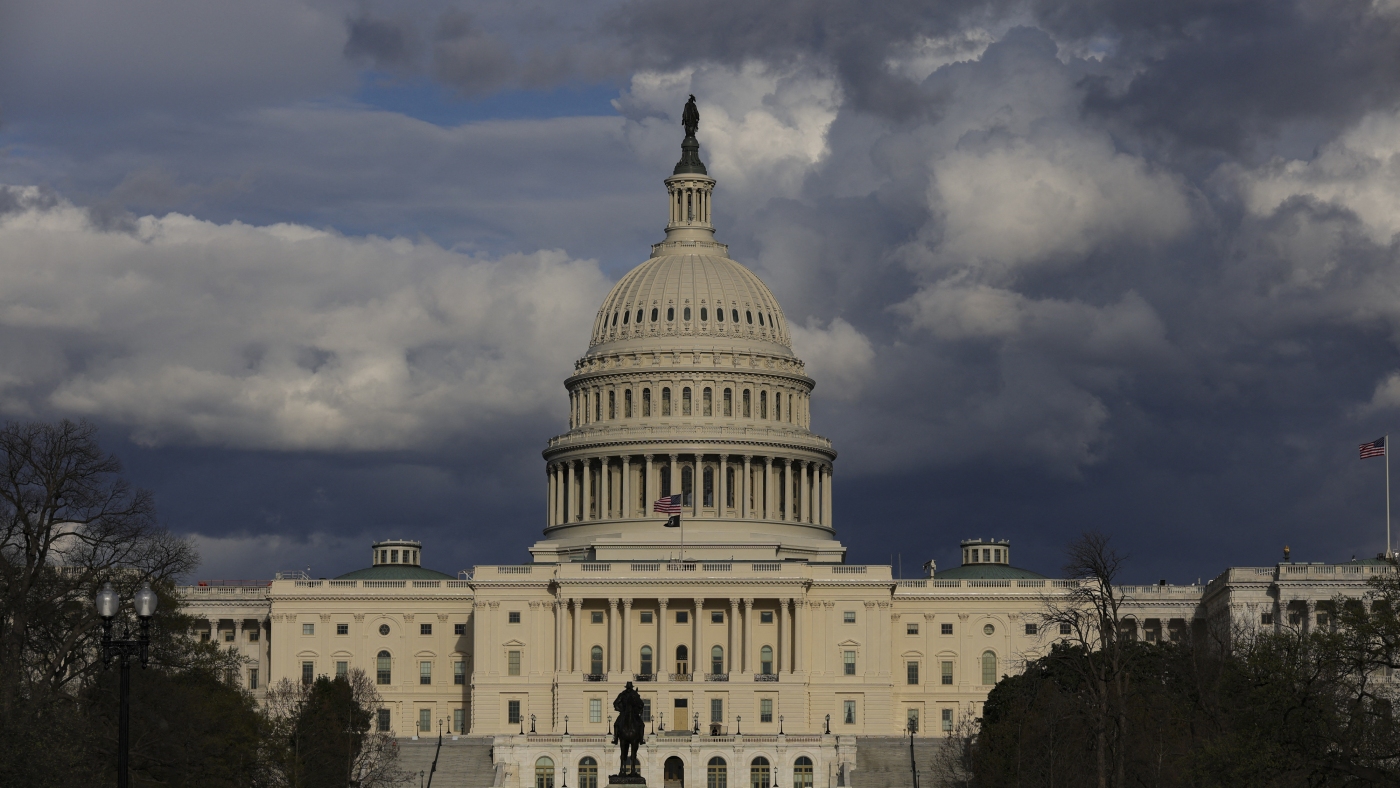Senate Republicans Push Forward with Ambitious Budget Plan
In a significant move for President Trump’s domestic agenda, Senate Republicans have advanced a crucial budget framework after a late-night voting session. This pivotal decision aims to pave the way for a comprehensive multi-trillion dollar strategy addressing key areas like defense, energy, immigration, and tax policy.
The resolution passed by a narrow 51-48 margin, marking a crucial step towards cementing tax relief measures from 2017 and bolstering national security. Senate Majority Leader John Thune, R-S.D., emphasized the importance of the resolution, stating, “This resolution is the first step toward a final bill to make permanent the tax relief we implemented in 2017 and deliver a transformational investment in our border, national, and energy security.”
To finalize the budget, the House and Senate must align their resolutions to leverage reconciliation, a process that allows passage of certain policies without risk of a filibuster from Senate Democrats. However, challenges persist, particularly from House Republicans who may contest specific elements of the Senate’s framework.
Tax Cuts Extension and New Provisions
The Senate’s proposal includes over $5 trillion in tax cuts, intending to extend the 2017 Tax Cuts and Jobs Act. Without extension, these cuts are set to expire, potentially increasing taxes for many Americans. Additionally, the plan introduces $1.5 trillion in new tax cuts, fulfilling some of Trump’s campaign pledges, such as exempting taxes on tips. In contrast, the House has proposed a framework allocating $4.5 trillion for tax cuts.
Financing the Tax Cuts
Differences between the Senate and House plans also lie in their approaches to financing the tax cuts. The Senate suggests cutting the deficit through modest spending reductions of around $4 billion. Meanwhile, the House aims for at least $1.5 trillion in cuts, including an $880 billion reduction directive from the House Energy and Commerce Committee, raising concerns about potential Medicaid impacts.
Senate Republicans are considering a procedural tactic to offset the $3.8 trillion cost of extending the Trump tax cuts, a strategy that could create friction with the House and complicate the bill’s passage.
Debt Limit and Economic Impact
The Senate’s plan proposes raising the U.S. debt limit by $5 trillion to avert a financial default. Failure to increase the limit could prevent the government from settling its debts, with dire consequences for both the U.S. and global economies. The Congressional Budget Office warns of a potential breach by late summer if no action is taken (source).
Funding for Border and Defense
Additionally, the budget framework allocates $521 billion for GOP priorities, including $175 billion for border enforcement and $150 billion for defense spending.
Challenges Ahead
Despite alignment in goals, Republicans face a complex path forward, with narrow margins and diverse opinions threatening the ambitious agenda. House Speaker Mike Johnson, R-La., must navigate pressures from fiscal conservatives demanding detailed spending cuts, potentially clashing with the Senate over deficit reduction strategies and Medicaid funding.
The upcoming negotiations will test the resolve of congressional Republicans as they balance the cost of extending tax cuts with necessary spending reductions, in what could be a defining moment for the party.






